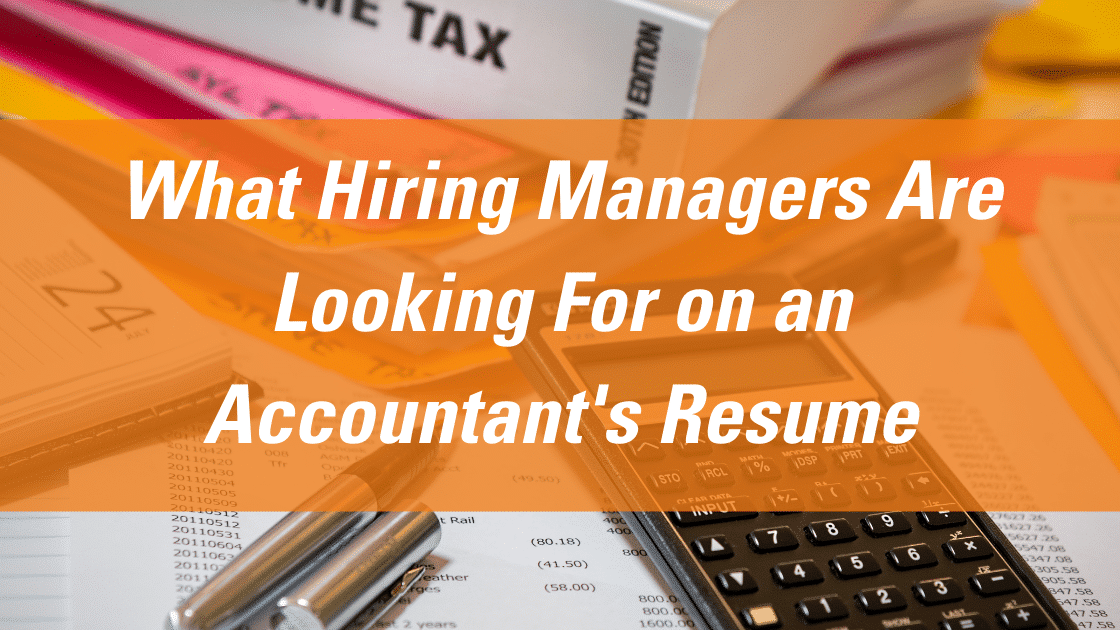Whether you’re a brand new graduate looking for your first real-world job in public accounting, or a seasoned accountant eyeing up that next promotion, your next big break is hinged upon your resume and the skills you bring to the table.
That’s why it’s crucial that you best prepare yourself to take the accounting profession by storm with the most important current (and upcoming) skills regardless of whether you hold a CPA license or not…So…We know what you’re thinking – what are the most important skills right now? Don’t worry, that’s simple.
As big data and the auditing of it becomes more and more prevalent in accounting firms, being competent in data analysis and other accounting data technical skills is key for standing apart in a stack of resumes, as well as proving that you can solve business problems in an effective, and efficient, way.
So Why Is Data Analytics So Important For Accountancy?
There’s a range of reasons that analytics skills and analytics tools are becoming more and more important in the accounting profession. Whether streamlining the auditing process to make business decisions, or using data visualization to enable decision-making for the exec team. Below, we’ve listed just a couple of the use cases and different types of data analytics.
In the United States especially, internal and external auditors are using data analytics routinely to efficiently enable practices such as continuous monitoring, continuous auditing, and analysis of large amounts of data sets where only samples were manually audited – as well as other forms of automation. This allows for a faster, and more accurate, process and ultimately metrics.
Financial planning and analysis professionals can use data analysis when analyzing financial statements, identifying what course of action makes most sense with the added business context of their individual companies. These analytical skills allow for optimization of financial data, and ultimately allow accounting professionals to feel confident as they move towards future outcomes.
CFOs and finance leaders can use Big Data (literally large amounts of data sets and broad data sources) to find patterns in customer behavior and market trends, to allow them to make business decisions to drive company strategy.
In addition to these specific examples, data science and data analytics allow for a certain level of predictive analytics, which can help accounting professionals steer their business leaders through uncertain landscapes with strong recommendations.





